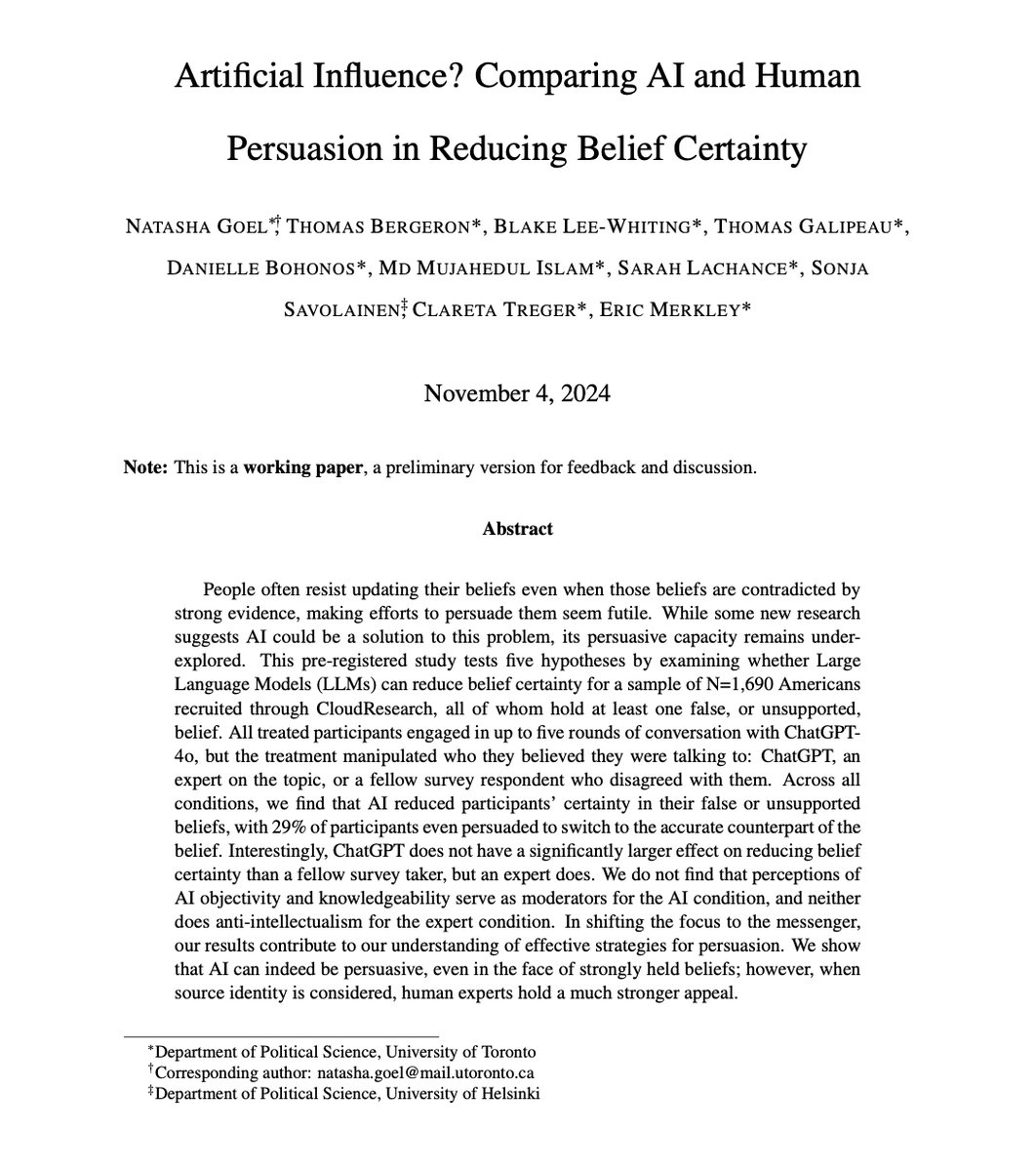
Gordon Pennycook
@gordpennycook
Associate Prof @Cornell (formerly @UWaterloo/@Yale/@Hill_Levene). Reasoning, beliefs, misinfo, BS, etc. Peddler of gifs, polls. Dad. he/him
ID: 3081982205
https://gordonpennycook.com/ 09-03-2015 17:06:30
12,12K Tweet
10,10K Followers
2,2K Following

🚨New in JEP:G APA Journals🚨 Why do ppl preferentially reciprocate follows by co-partisans online? In a Twitter field exp & survey we find: -Both content *and* social prefs drive co-party tie-making -Distinct roles for in-party pref & out-party dispref dx.doi.org/10.1037/xge000…
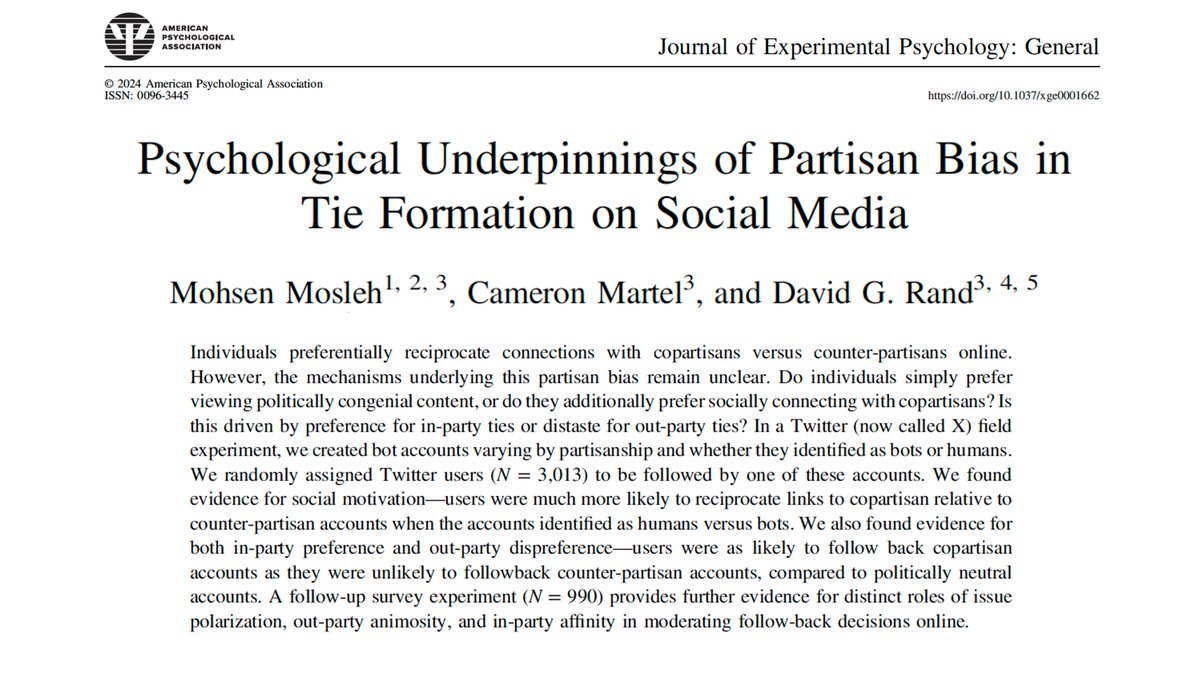

Want to do a PhD with me at Duke University? I'm considering applications this fall for a new graduate student! ⭐️ For more info, check out this FAQ for prospective students to learn what the lab is focusing on & what I'm looking for in a graduate student. mindandculturelab.com/faq
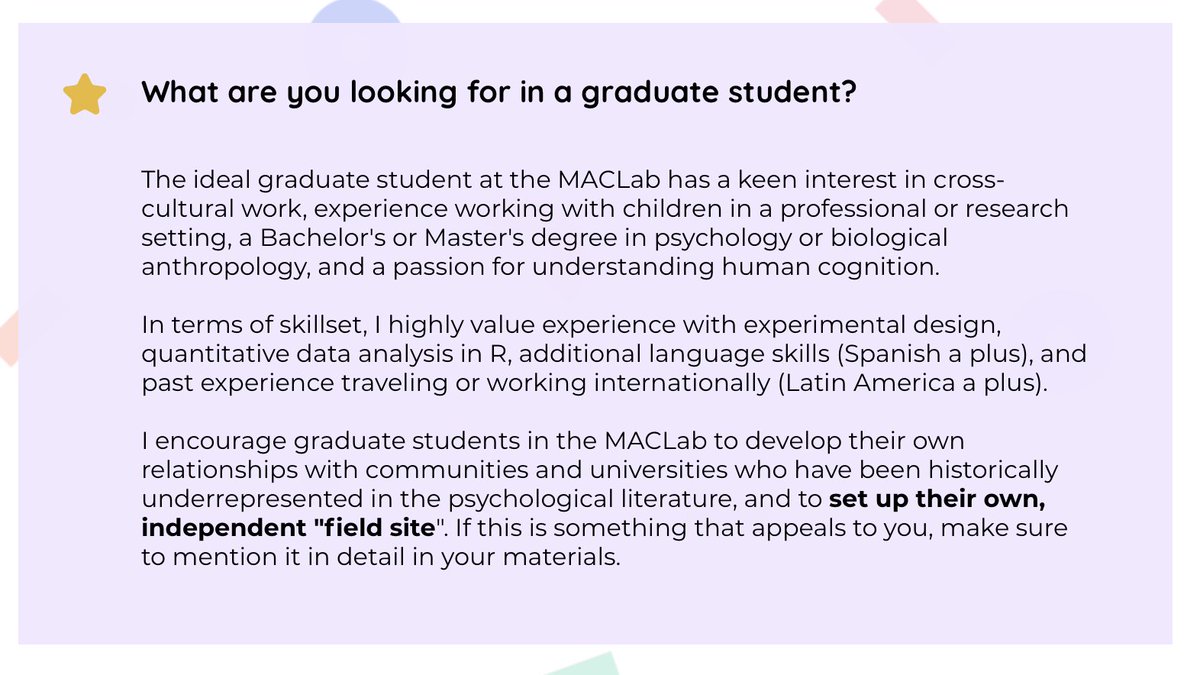
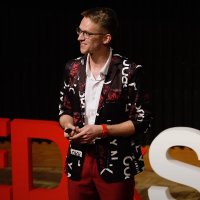
🚨 NEW PRE-PRINT 🚨 Our participants think >40% (!) of online users act toxic on Reddit and share fake news on FB. (😅) Are they correct? No. Research finds only a tiny % of online users produce most of (harmful) content. w/ Angela Y. Lee Jamil Zaki jeff hancock 1/9
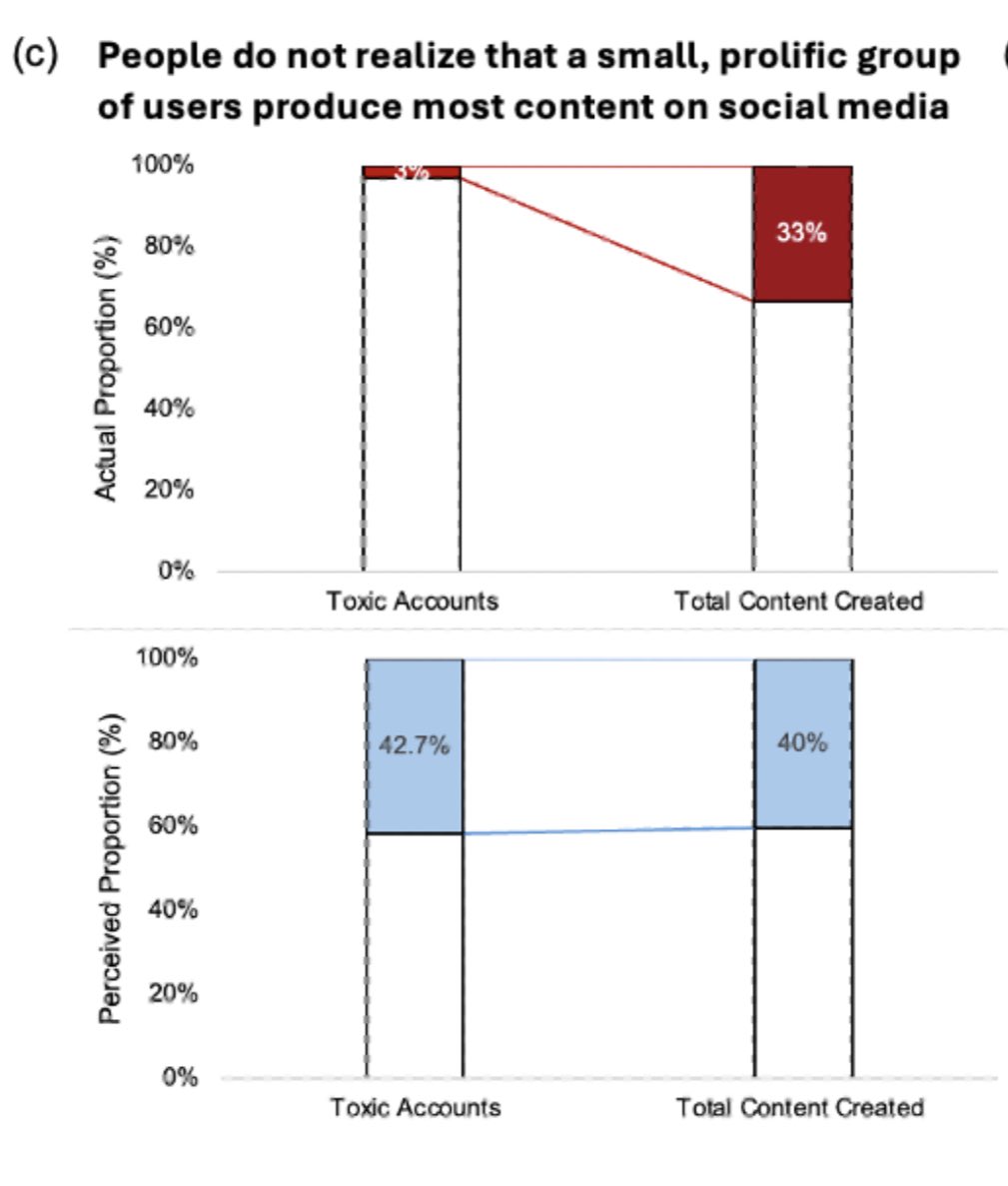







Psychological “inoculation”: A strategy for combating #misinformation can help people distinguish truth from falsehood – when combined with reminders to focus on accuracy, Cornell University-led research finds. #podcast Nature Human Behaviour CornellArts&Sciences Gordon Pennycook news.cornell.edu/stories/2024/1…
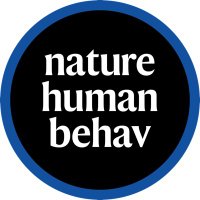
.Gordon Pennycook et al. found that while psychological inoculation helps detecting misinformation at scale globally, it may not be effective unless it is combined with accuracy reminders. @STWorg David G. Rand @dgrand.bsky.social Adam Berinsky Hause Lin nature.com/articles/s4156…

An interview with the scientists who created Debunkbot, an AI/LLM that reliably reduces belief in conspiracy theories via back-and-forth chat: youarenotsosmart.com/2024/10/29/yan… ( featuring Tom Costello - David G. Rand @dgrand.bsky.social - Gordon Pennycook )
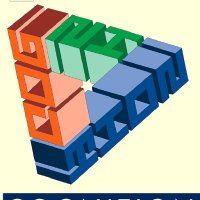
"On the role of analytic thinking in religious belief change: Evidence from over 50,000 participants in 16 countries" ✍️Michael N Stagnaro & Gordon Pennycook Key finding: Reflection is associated with belief change independent of the direction of change. sciencedirect.com/science/articl…
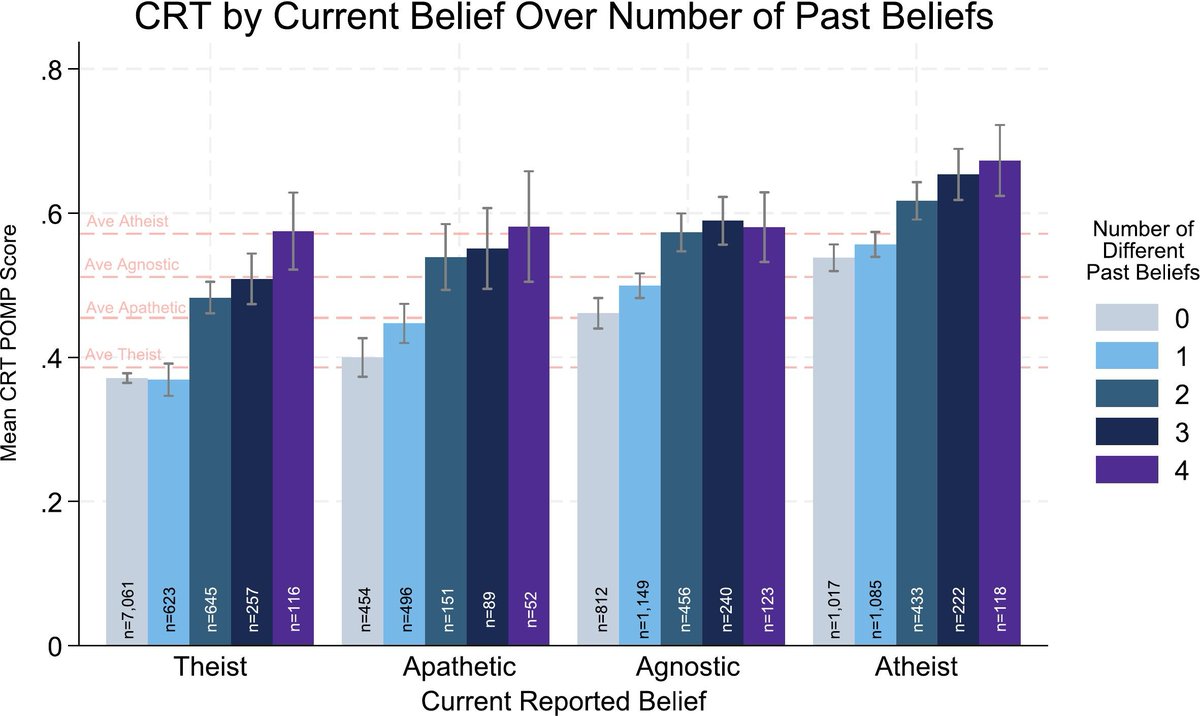

Are AIs the misinformation machines? Or are we humans the originals? In our latest episode of the Behavioral Design Podcast, Gordon Pennycook schools Samuel Salzer 🇺🇦 and I on all things BS and misinfo. podcasters.spotify.com/pod/show/behav…



